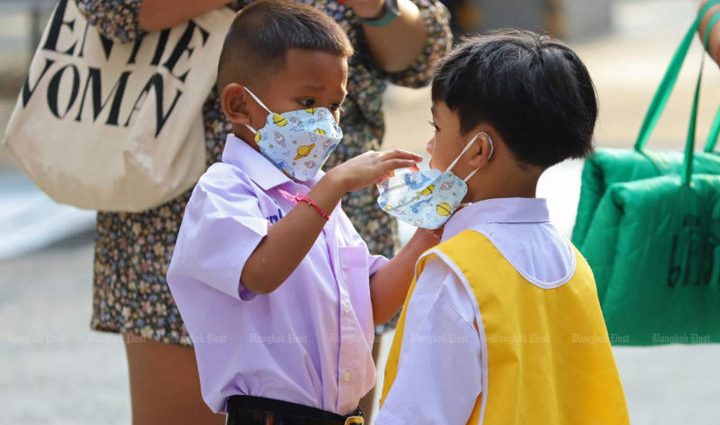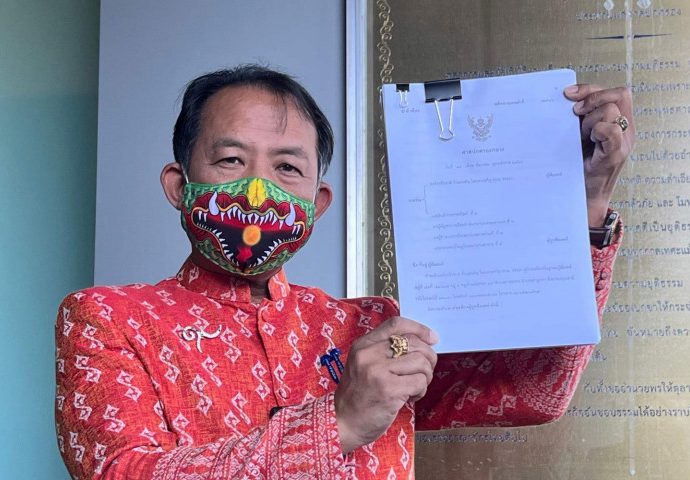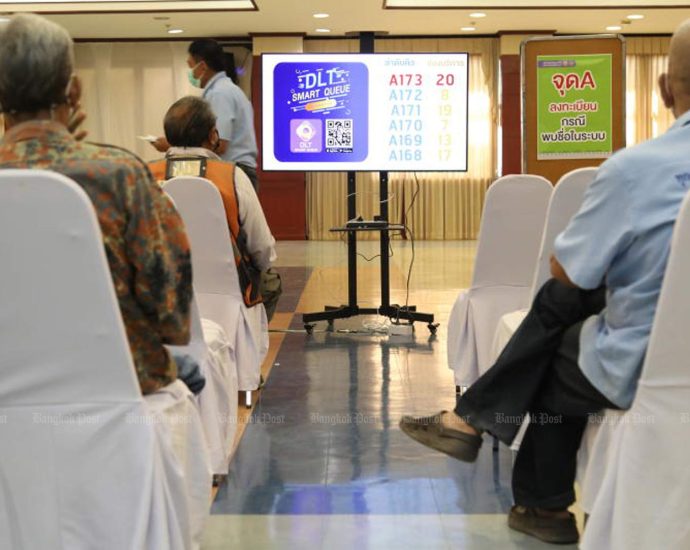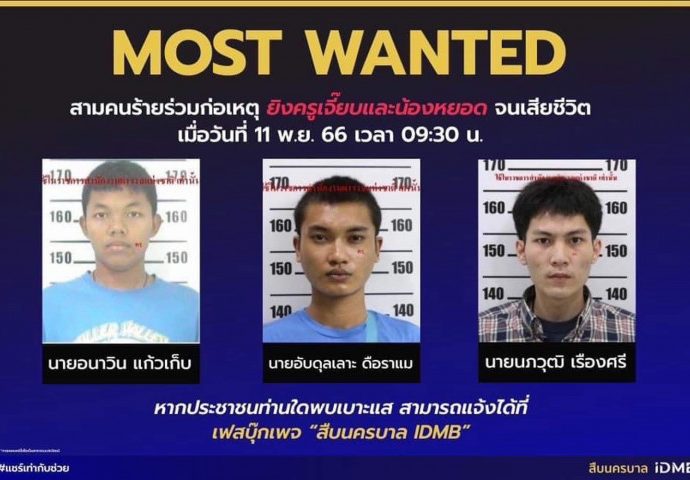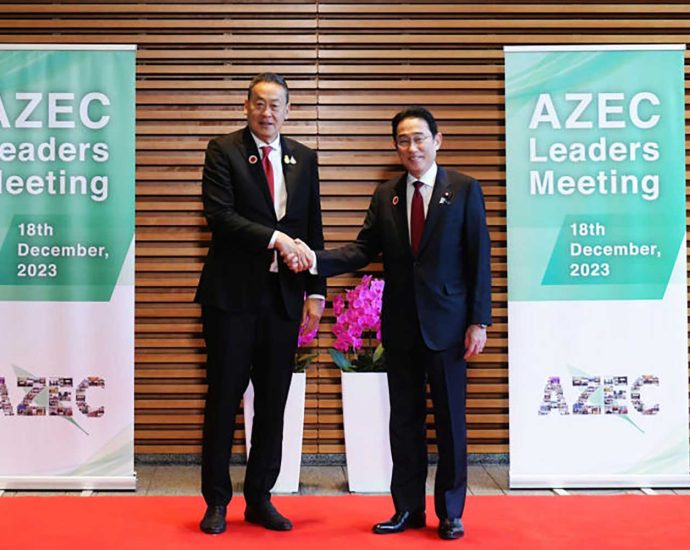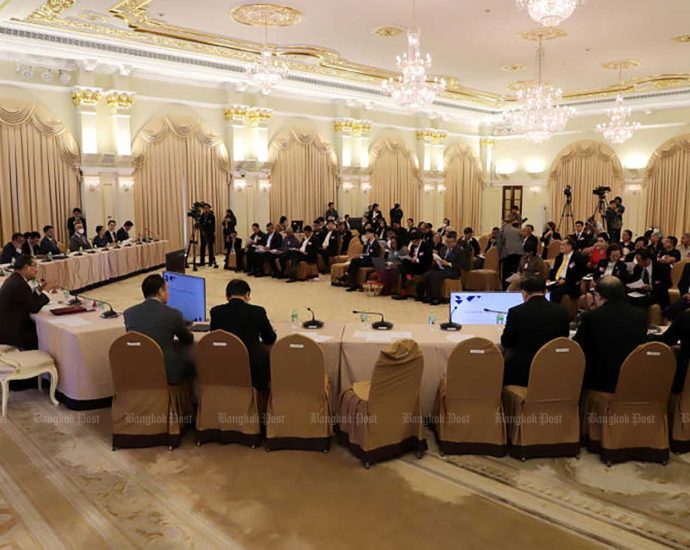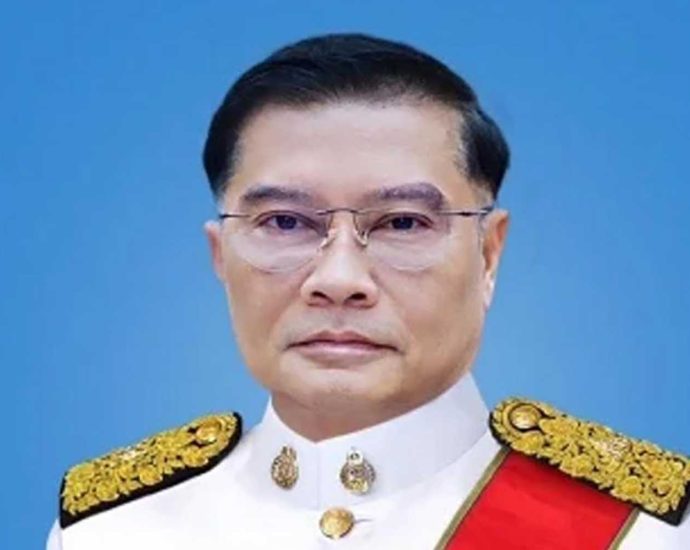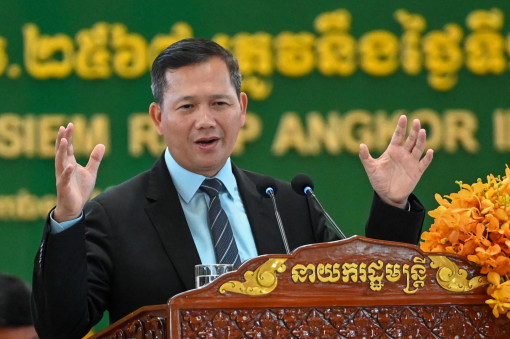First Thai case of sophisticated new covid strain
PUBLISHED : 19 Dec 2023 at 17:13

Thailand has its first case of a patient infected with a new Covid-19 strain that is the best yet at catching cells and avoiding antibodies, according to the Centre for Medical Genomics of Ramathibodi Hospital.
The centre said on Facebook on Tuesday that the first Thai patient infected with the JN.1 subvariant of Covid-19’s Omicron variant was confirmed in Bangkok on Oct 28. It withheld all information about the patient and their condition.
It said that JN.1 is the best among all Covid-19 strains at catching cells and avoiding antibodies. These features caused the World Health Organization and disease control authorities in Britain and the United States to advise vulnerable people to receive vaccination. It was spreading fast in France.
The centre expected JN.1 to be a dominant Covid-19 strain in Thailand early next year, as it had become in other countries.
Although spreading fast, JN.1 neither caused severe symptoms nor raised the number of Covid-19 inpatients, it said.
Dr Thira Woratanarat, of the faculty of medicine at Chulalongkorn University, wrote on Facebook that people should take precautions, because JN.1 resisted antibodies well. People had become lax in protecting themselves, and there were now many parties to attend, he said.
Worldwide, Denmark has the most JN.1 cases, 1,035 (accounting for 14.5% of its Covid-19 cases), followed by 997 (0.8%) in the US, 842 (12%) in Singapore, 539 (2.5%) in France, 440 (1.7%) in Britain, 391 (2.4%) in Spain, 343 (0.8%) in Canada, 331 (3.1%) in Sweden, 294 (6.5%) in the Netherlands, 206 (4.3%) in Germany, 91 (4.8%) in Belgium, 166 (2.5%) in Italy, 113 (1.1%) in Australia, 105 (4.5%) in Austria, 104 (15.1%) in Iceland, 89 (3.1%) in Ireland and 89 (3.8%) in Switzerland.
The number of JN.1 cases was relatively low in Asian countries,with 34 reported in Japan, 16 in China, eight in South Korea, six in Taiwan and one in Malaysia.
The Department of Disease Control reported that last week 514 Covid-19 patients were admitted to hospital for treatment, and six of them died.

